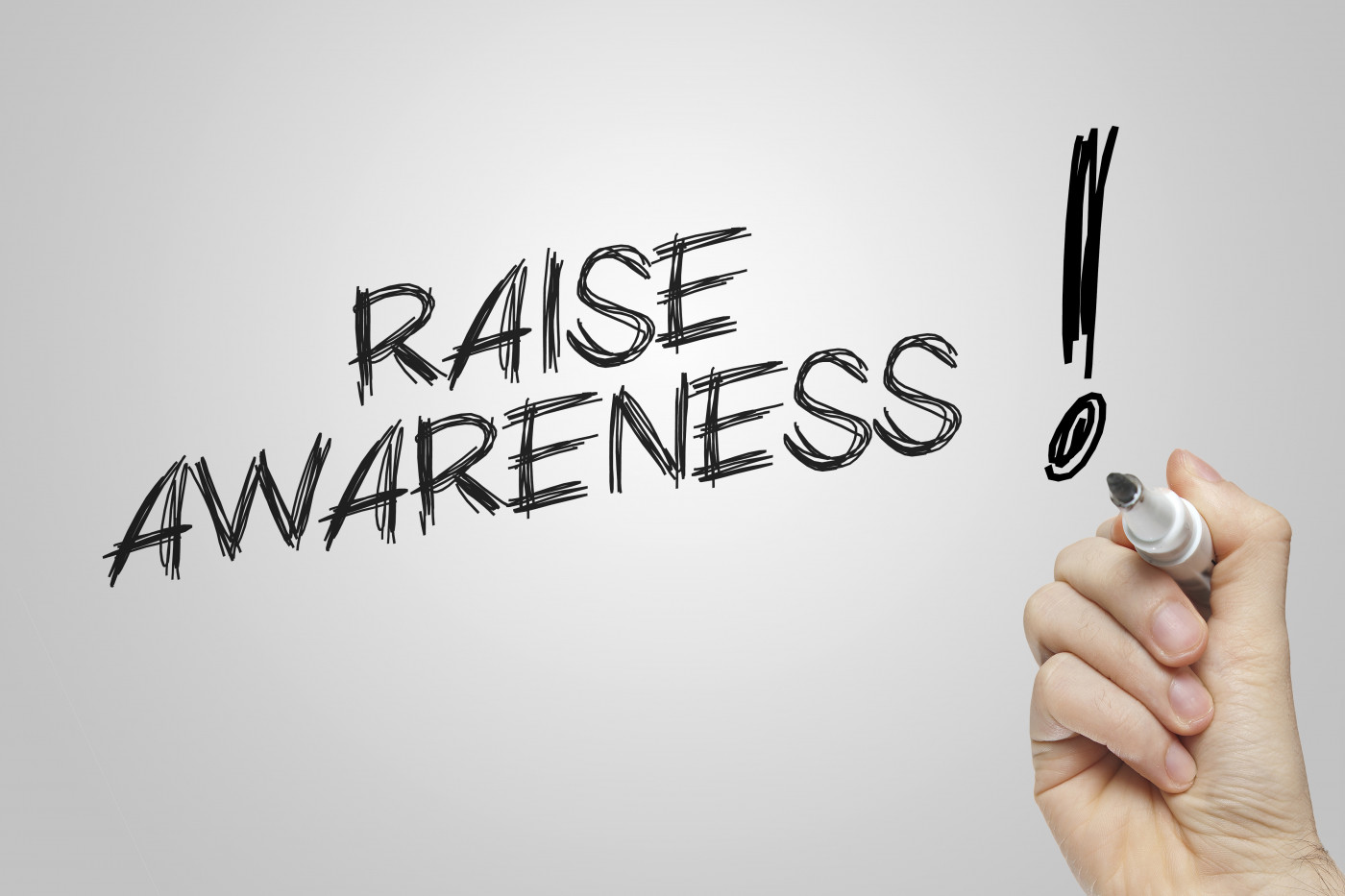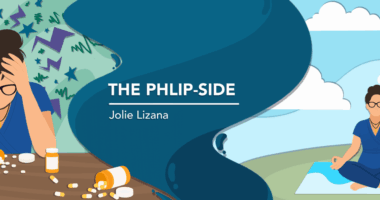What People Should Know About Pulmonary Hypertension

Since I was diagnosed with pulmonary hypertension (PH) in 2017, I have struggled with people in my life who don’t understand what my illness is or how it affects me.
PH is a rare disease that not many people have heard of unless they personally have come across it, so I’m often tasked with explaining it. But doing so can be tricky.
Many people have misconceptions and misunderstandings about PH. One question I often hear is whether PH is like high blood pressure. This is an understandable mistake given the name, but of course, pulmonary hypertension bears little resemblance to high blood pressure.
When others have heard me talk about my heart, they have asked if it’s like a murmur. When I mention that my illness makes me breathless, people sometimes ask if my condition is similar to asthma. People always want to compare it to something they understand, yet PH and its symptoms are different.
The biggest problem I’ve had is people underestimating the severity of my illness. This has been particularly challenging for me in the workplace, as my colleagues are not always sensitive about how my condition affects me each day.
Occasionally, I have had to take time off with a cold because minor illnesses completely wipe me out. Other times, I’ve suffered bad side effects from new medications and had to go home. In these instances, I sensed that people thought I am flaky or overreacting, when in reality I am battling every day to live a normal life.
People with chronic health problems silently endure so much each day. At times, I may have seemed distracted in a meeting, but inside I was panicking because I had just taken the stairs and realized that I was more breathless than usual, which made me worried that my illness had progressed.
Sometimes I wish that people would Google the name of my condition on their own. Of course, people want to ask questions, but it can be an emotional burden to repeatedly discuss the implications of an illness. I would appreciate it if people would do their own research and ask follow-up questions instead, such as, “What does this diagnosis mean for you?” Or, “What do you struggle with the most?”
Simply put, I want people to know certain things, but I don’t necessarily want to always have to say it. One example is the fact that currently there is no cure for my condition. Another is that it is a progressive illness, meaning it gets worse over time. This is painful for me to repeatedly explain, but it’s also important for people to understand to gauge how much my diagnosis impacts my life.
Beyond being as communicative as possible with the people in my life, working to raise awareness is the answer to the struggles I face. Ultimately, if there is a greater understanding of illnesses such as pulmonary hypertension, it makes the lives of those living with rare conditions infinitely easier. Not to mention that raising awareness contributes to the fight for new therapies, and hopefully one day, a cure.
***
Note: Pulmonary Hypertension News is strictly a news and information website about the disease. It does not provide medical advice, diagnosis, or treatment. This content is not intended to be a substitute for professional medical advice, diagnosis, or treatment. Always seek the advice of your physician or other qualified health provider with any questions you may have regarding a medical condition. Never disregard professional medical advice or delay in seeking it because of something you have read on this website. The opinions expressed in this column are not those of Pulmonary Hypertension News or its parent company, Bionews Services, and are intended to spark discussion about issues pertaining to pulmonary hypertension.








j. pontbriand
i find it frustrating having medical pros tell me, "well it's not really pulmonary hypertension at a level of 38", when i have all of the symptoms attributable to pah and have been tested for most anything else that could be causing them. especially given that i had massive multiple pulmonary emboli in the past.
Marianne
The title of the article leads one to believe it will contain information about this disease when it only tells of someone else's problems trying to explain their disease to a curious person.